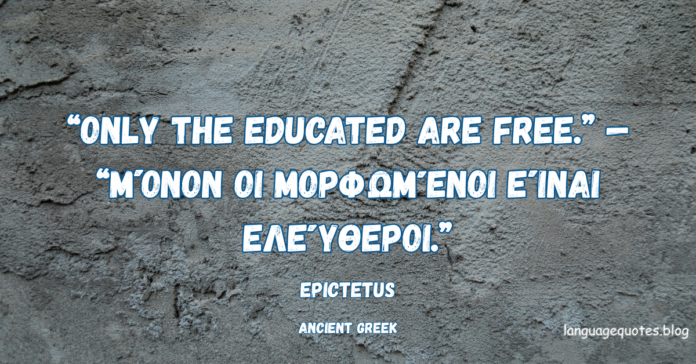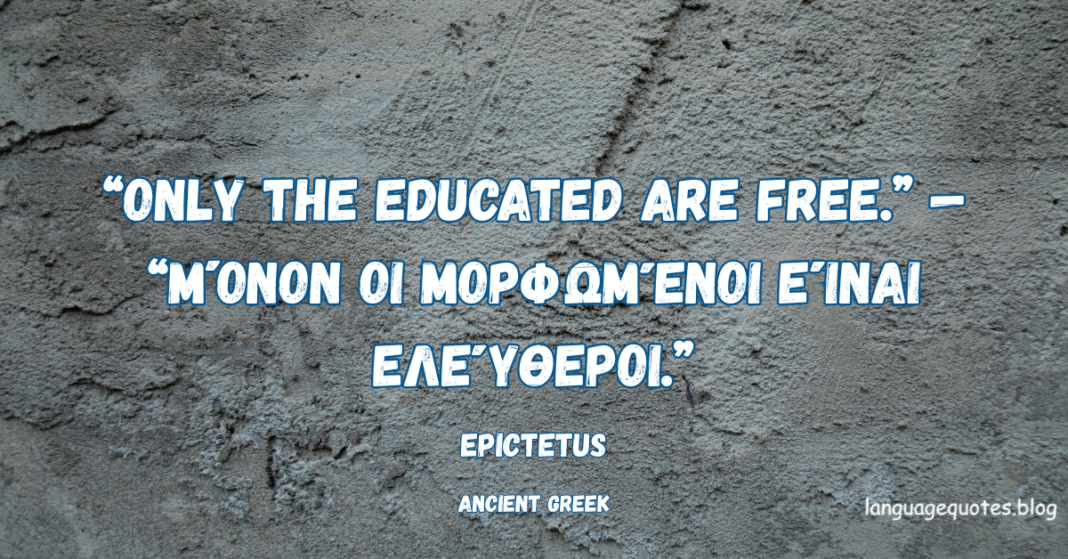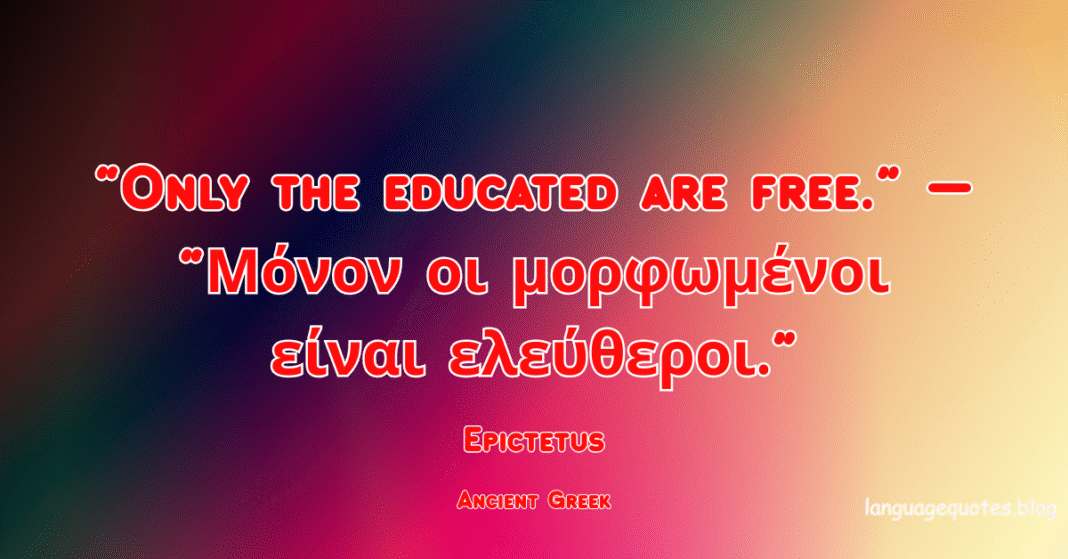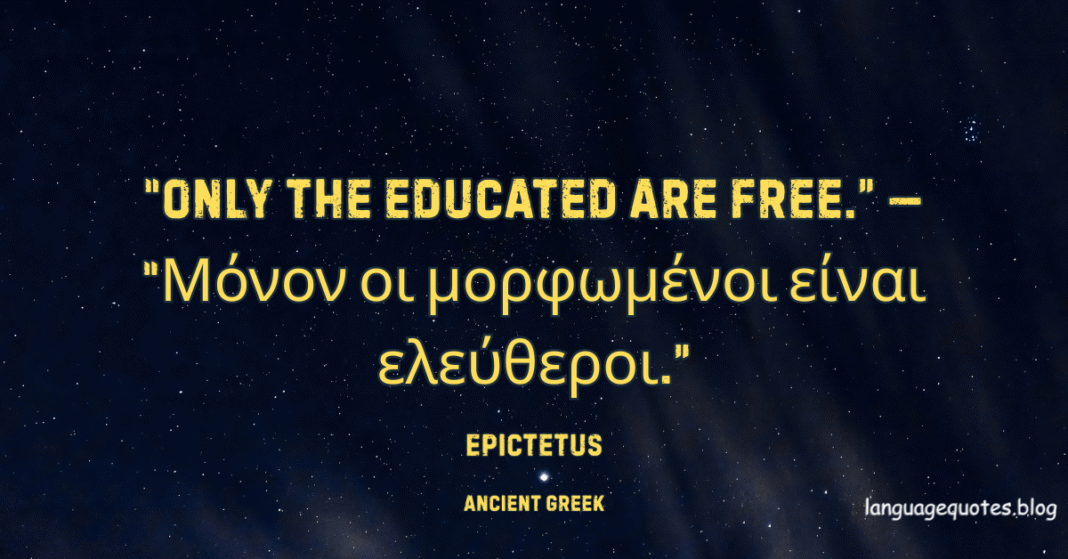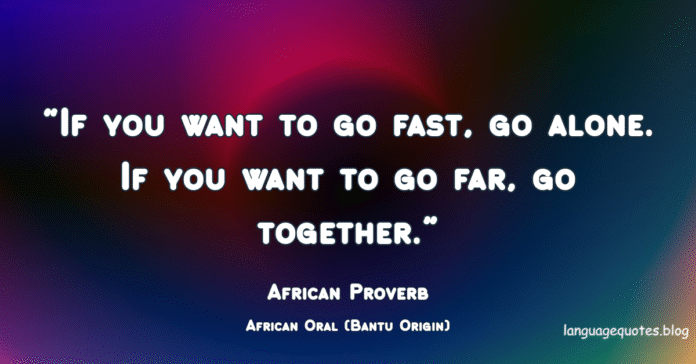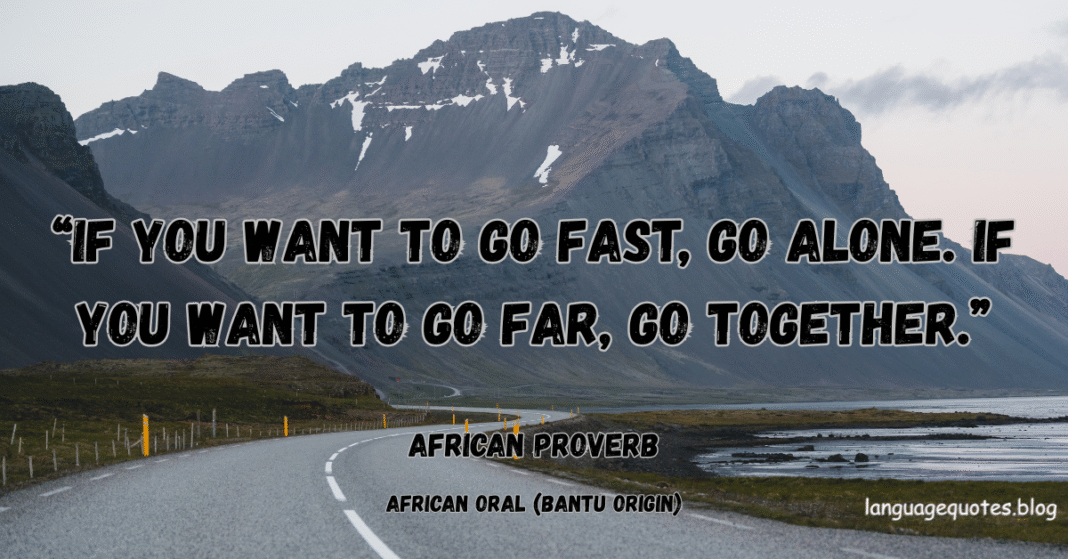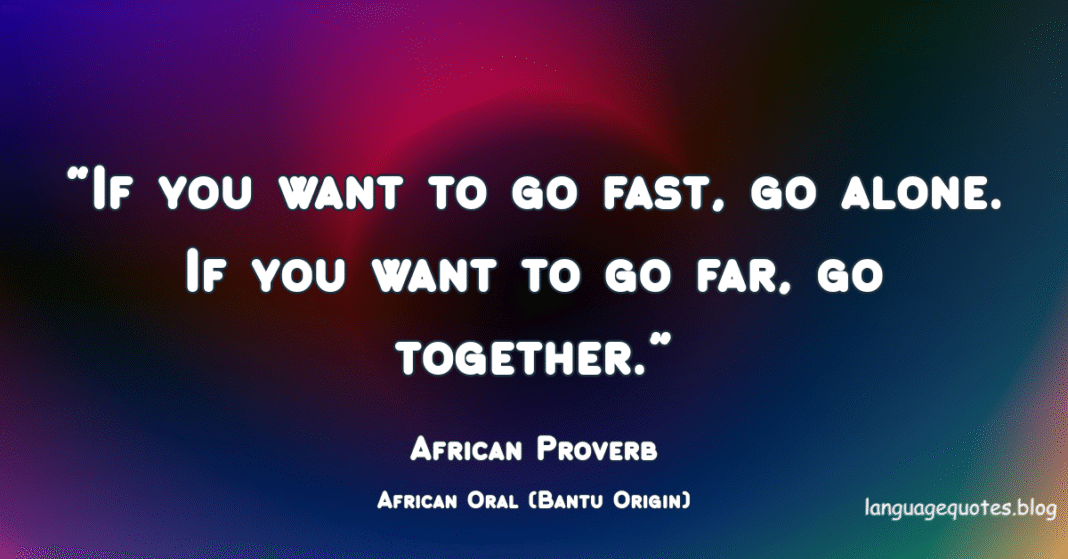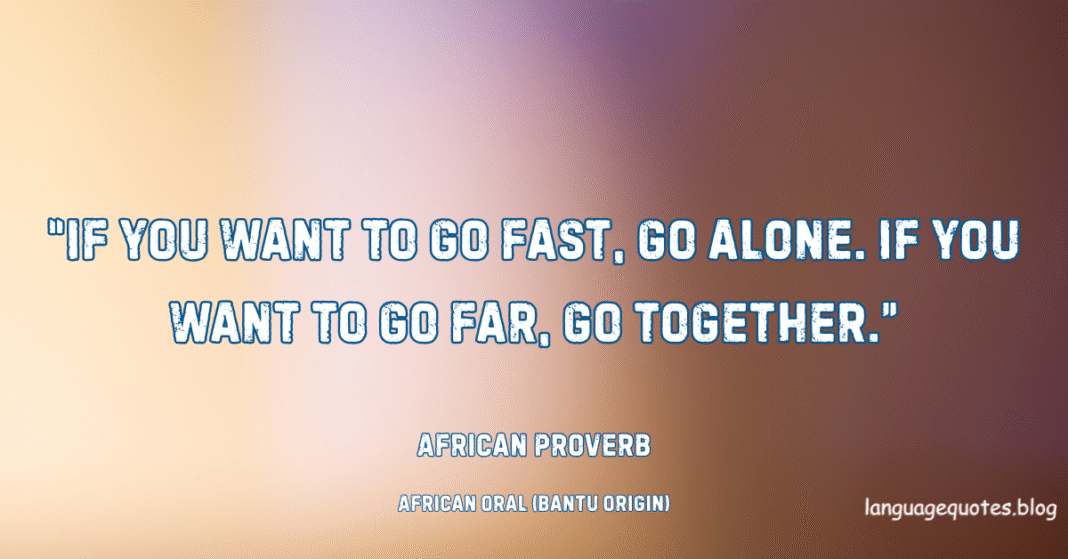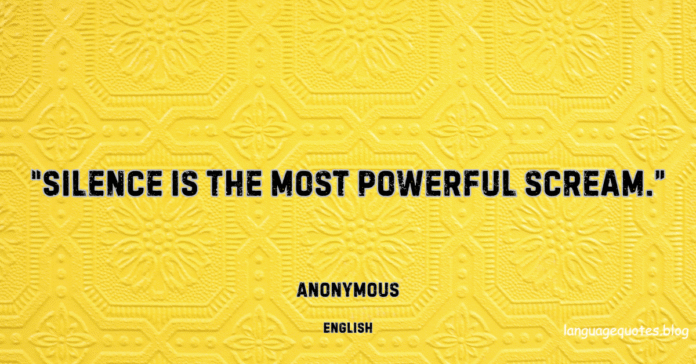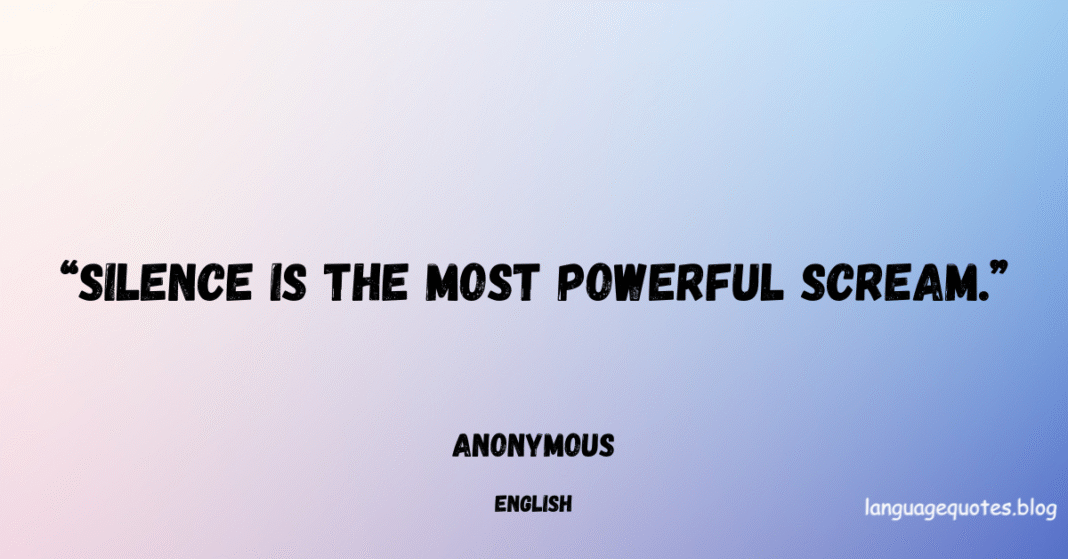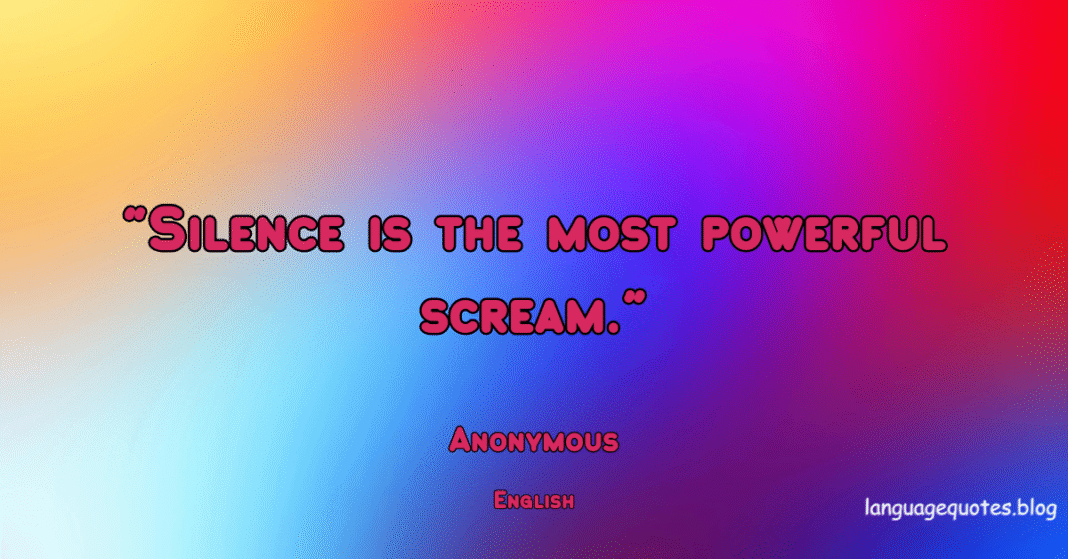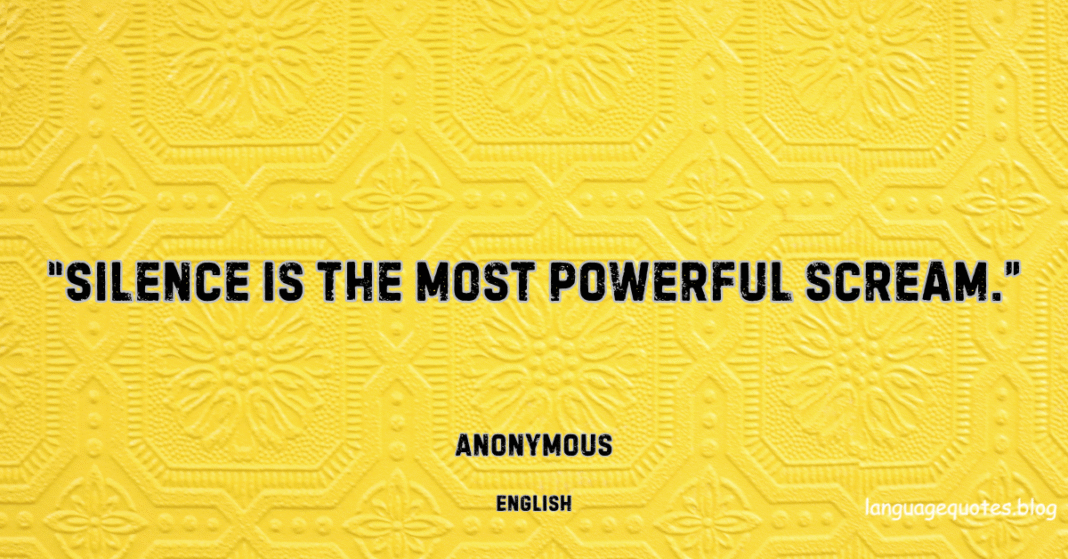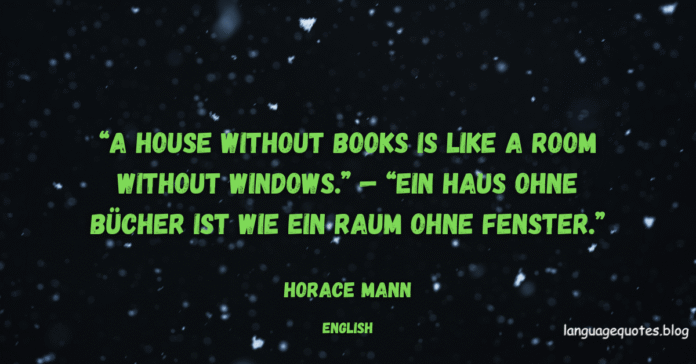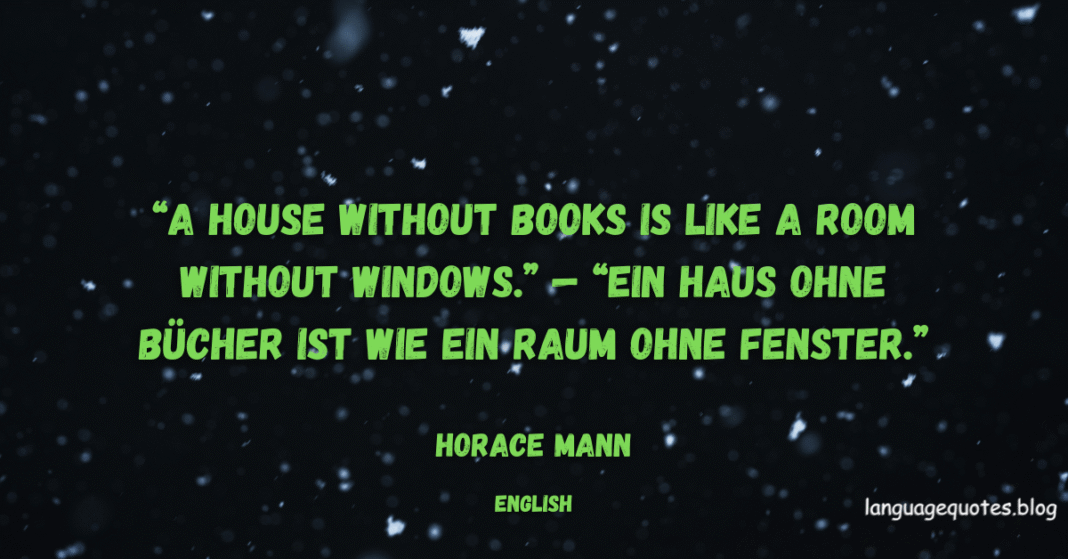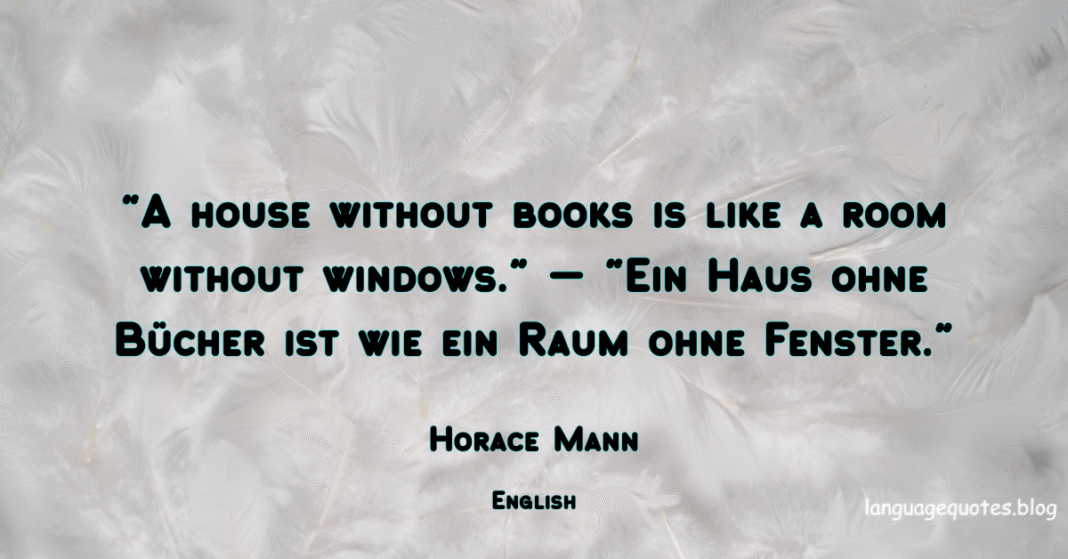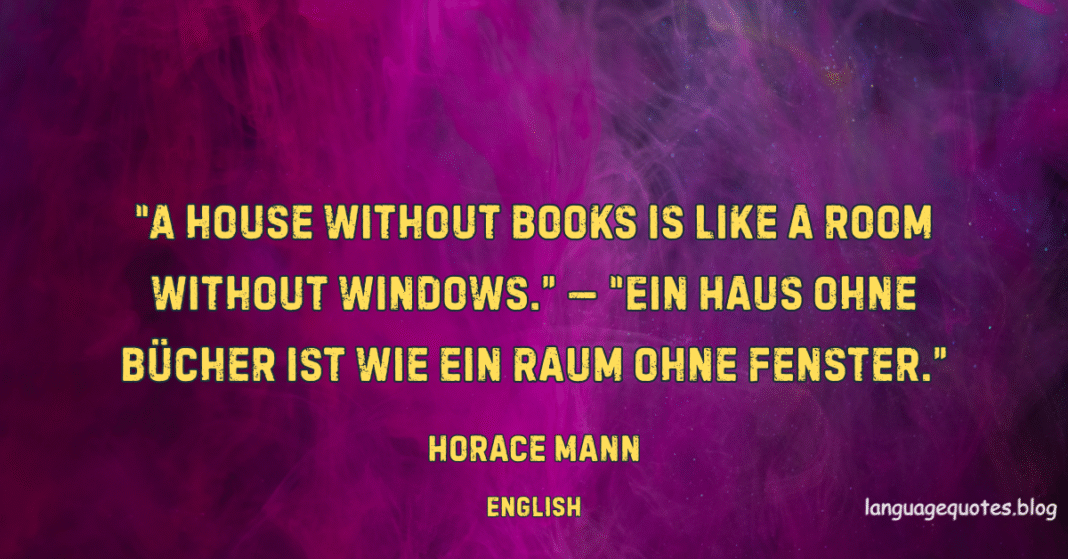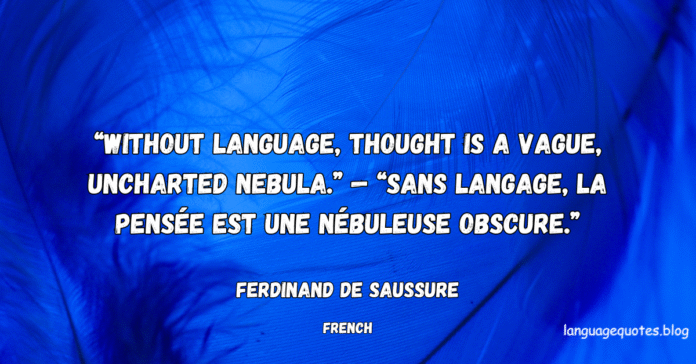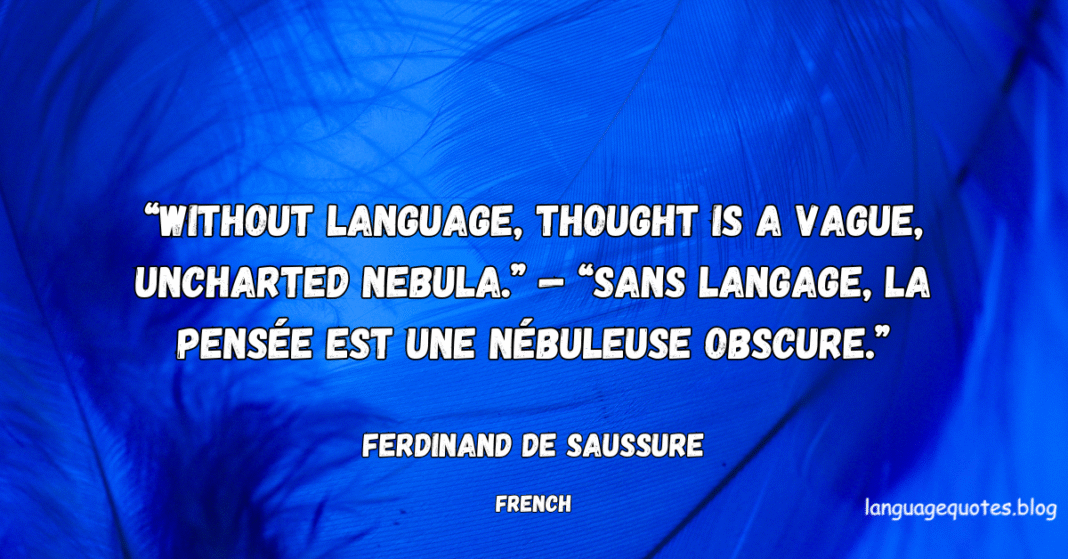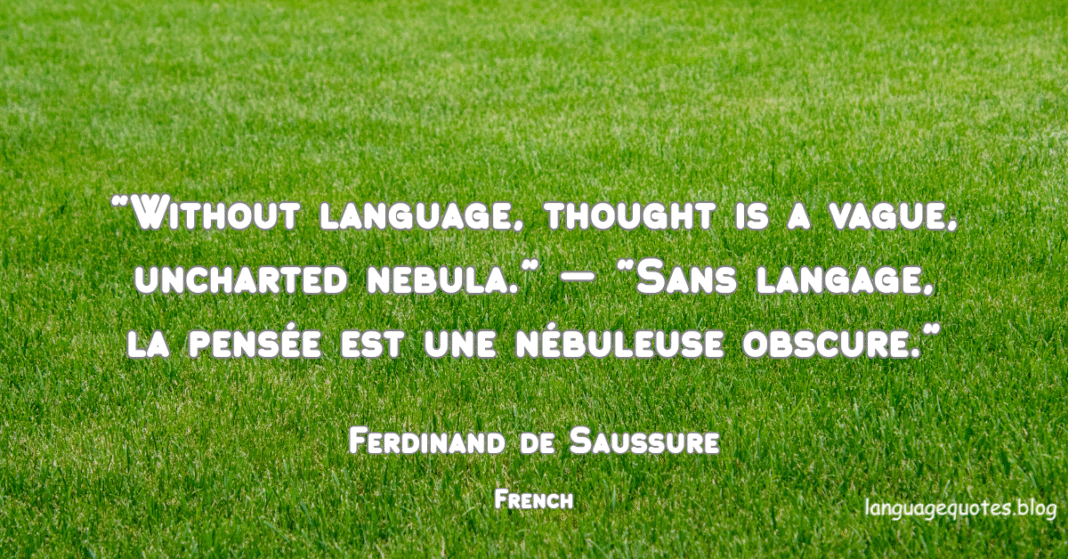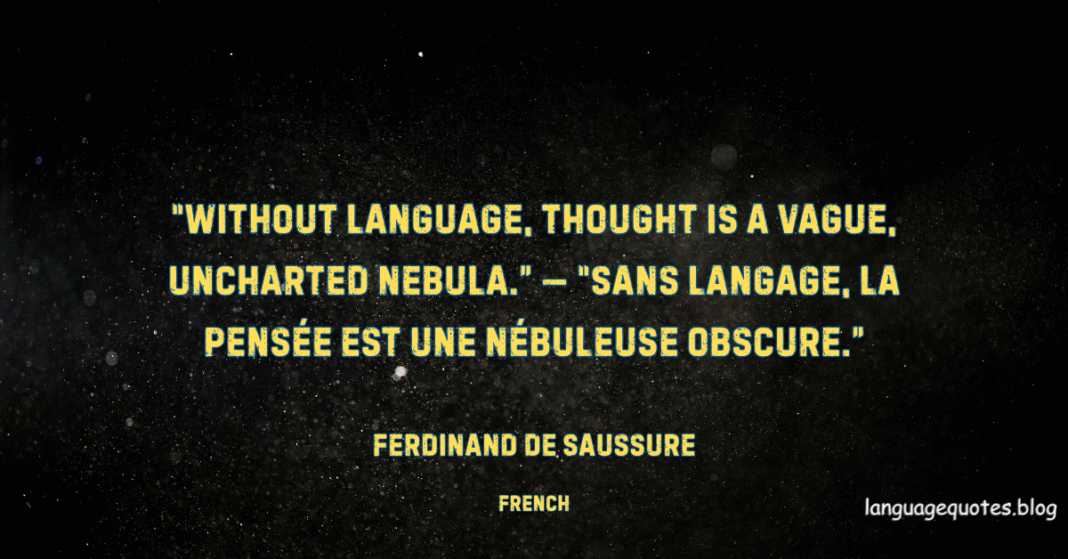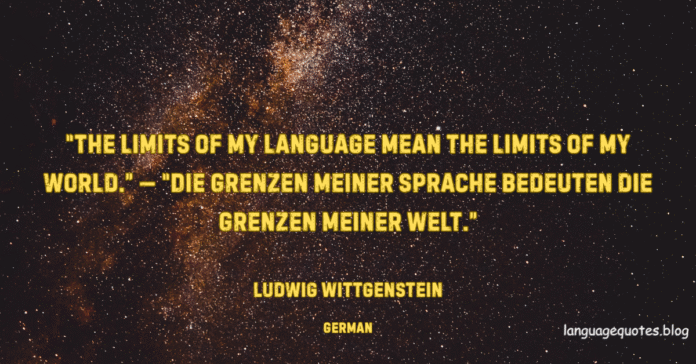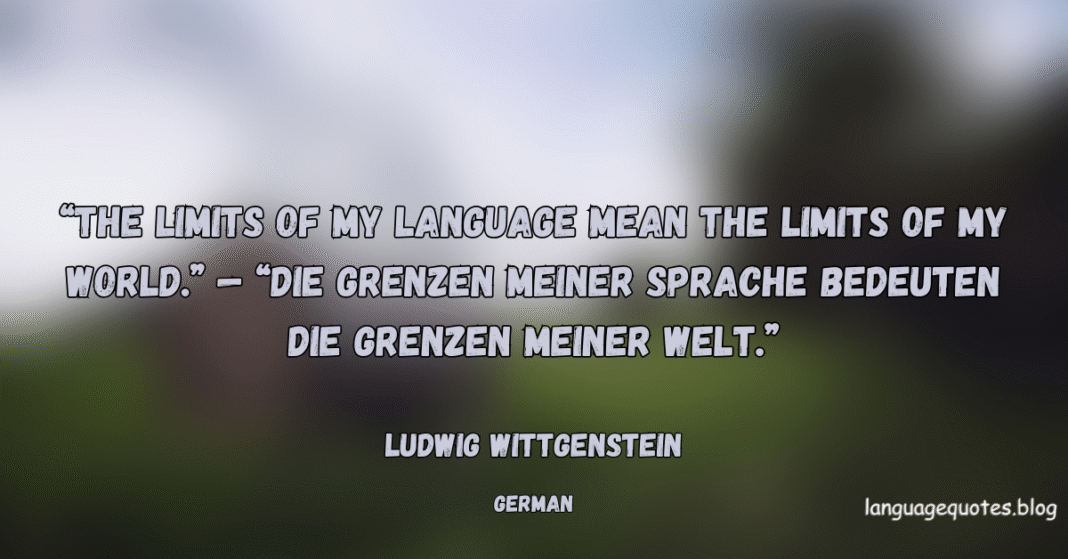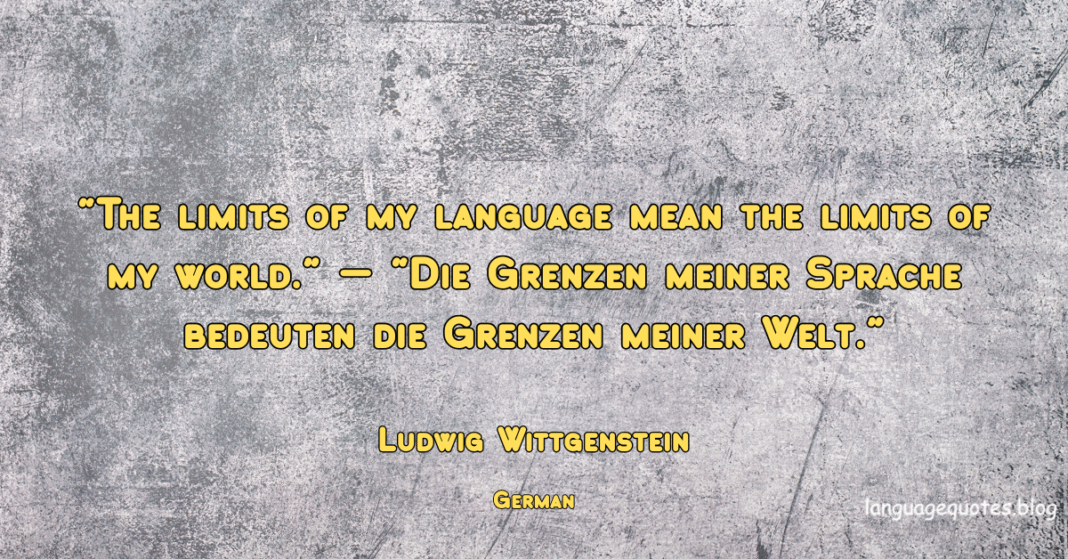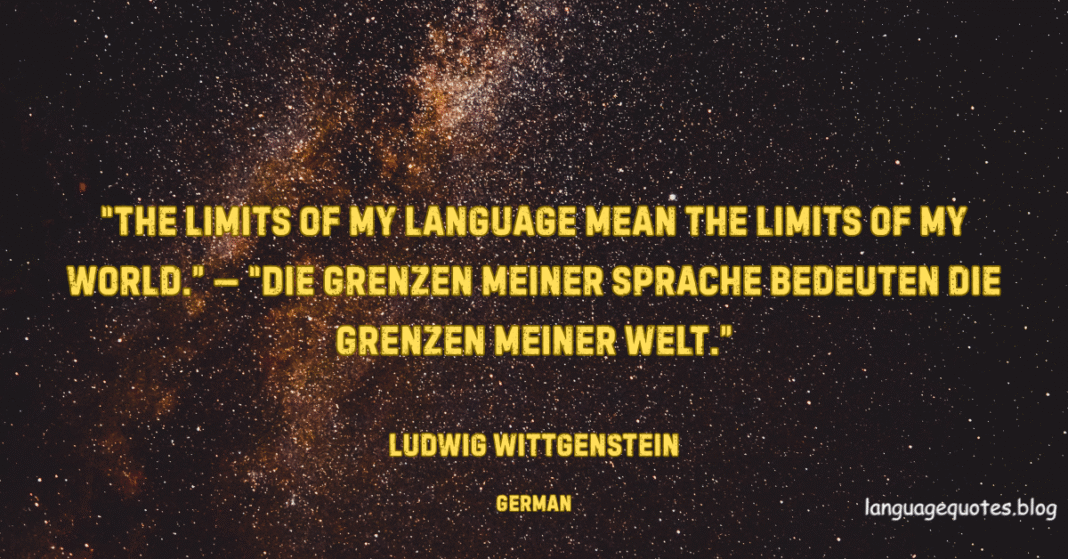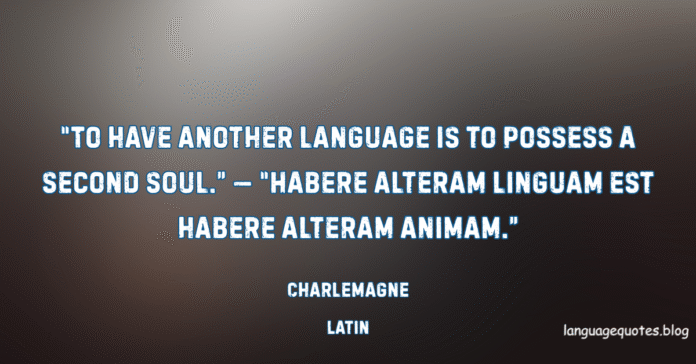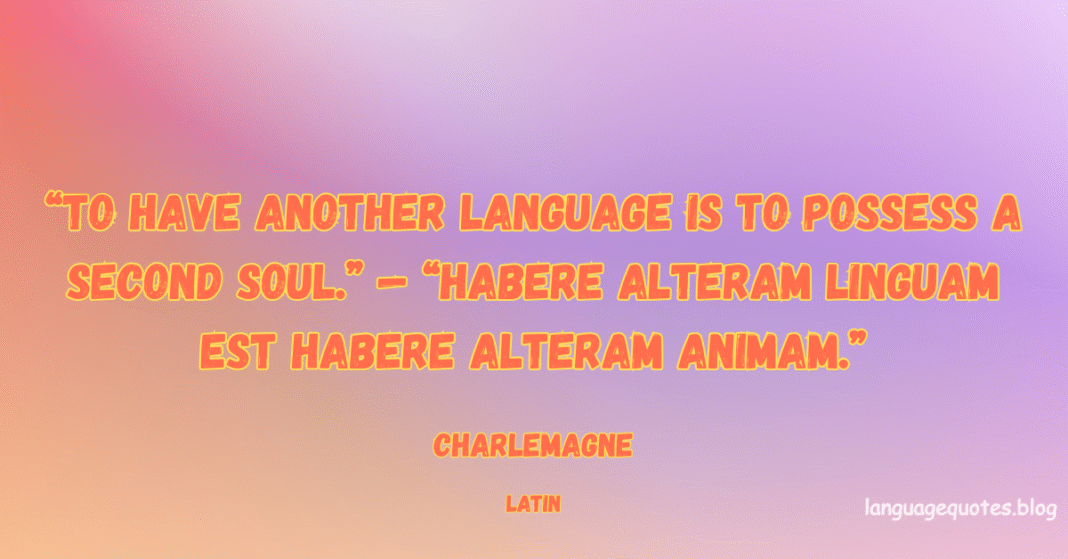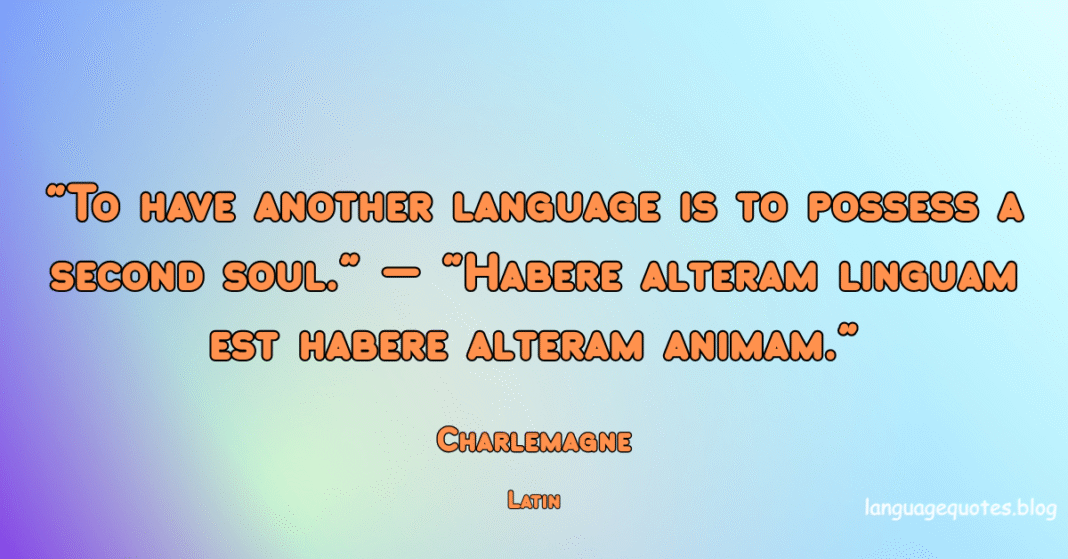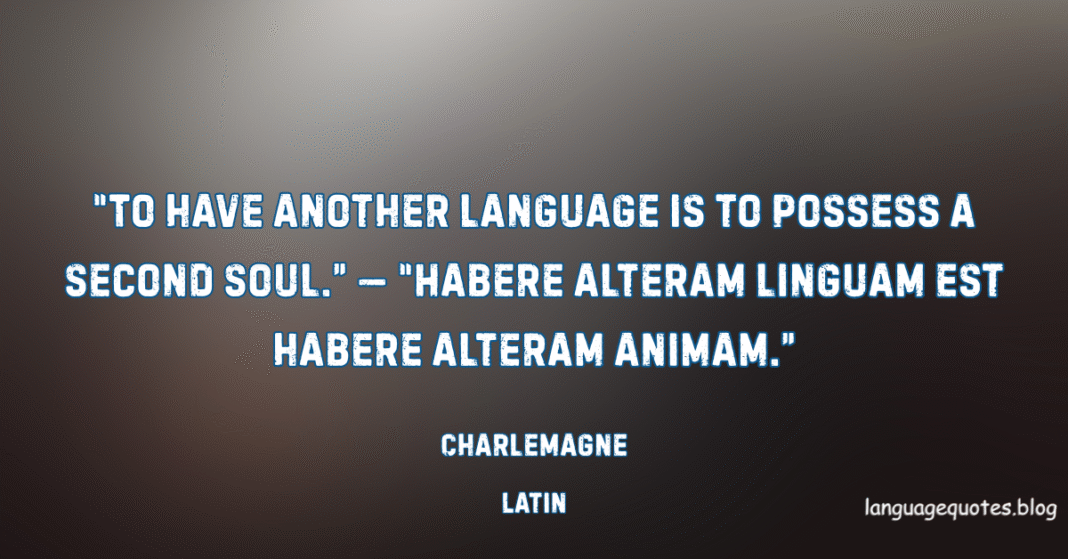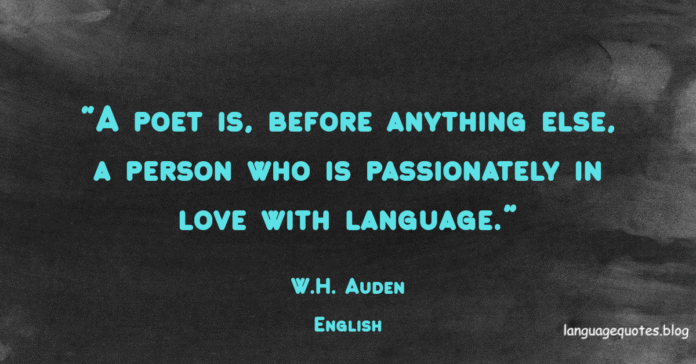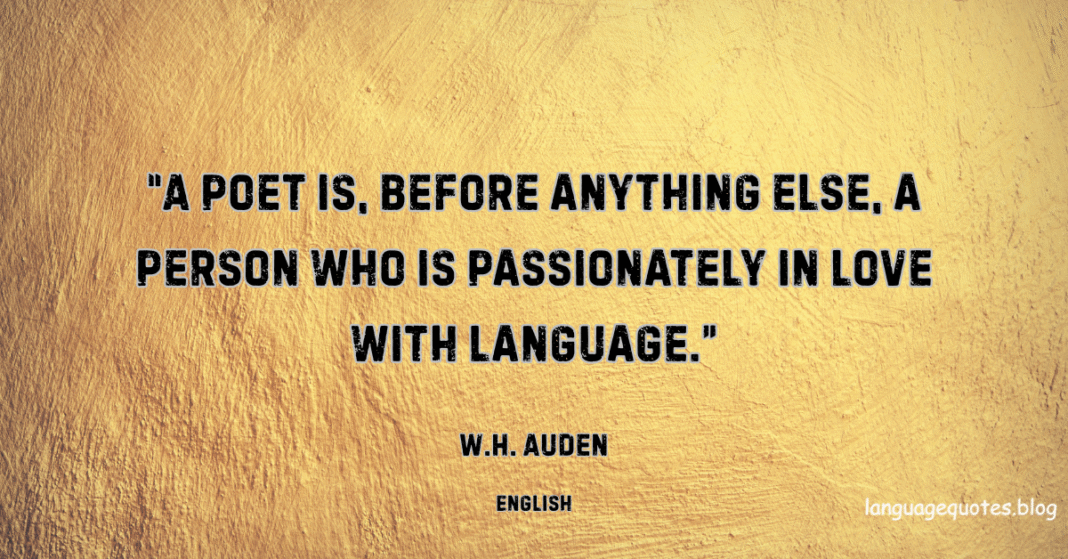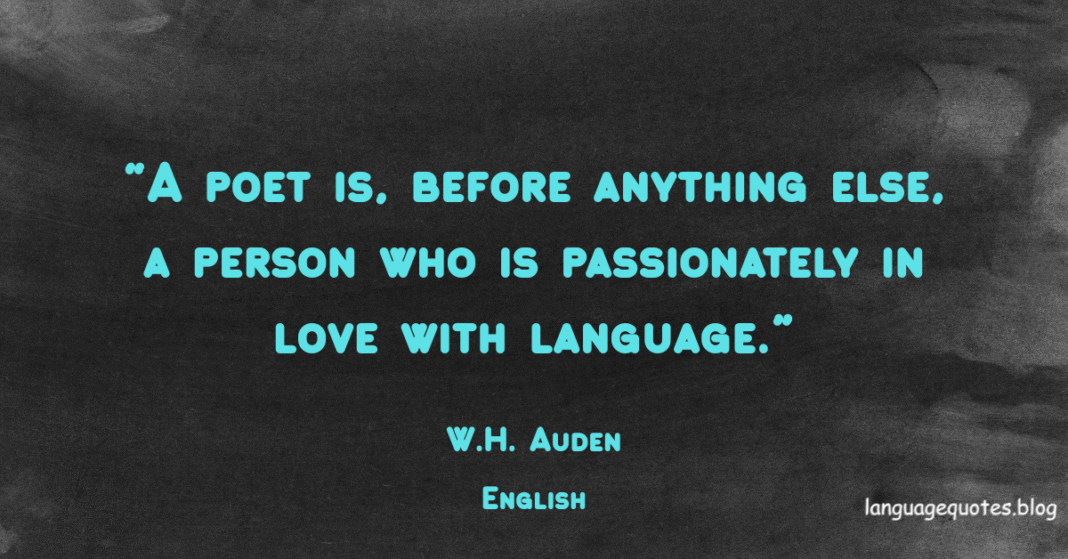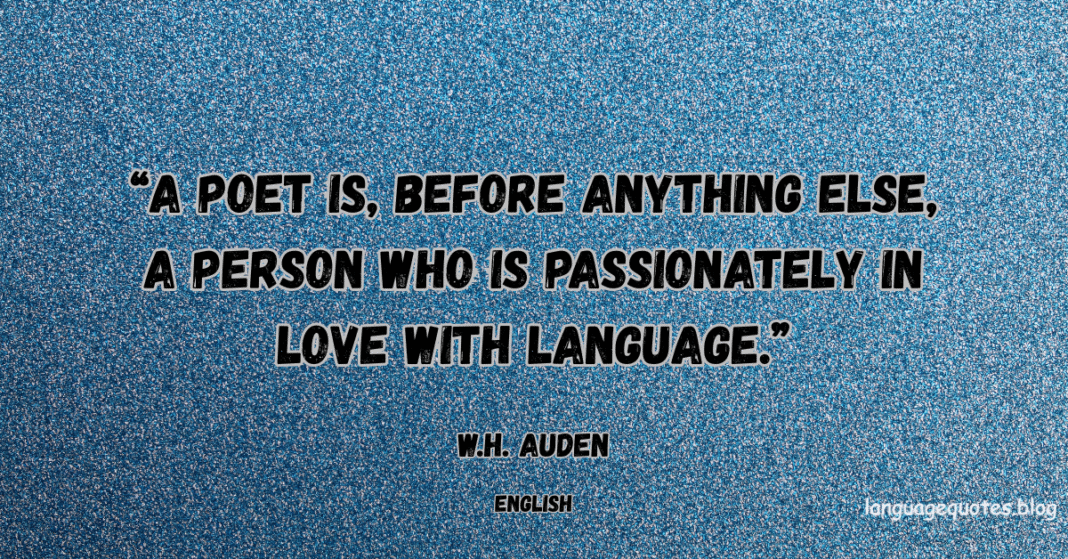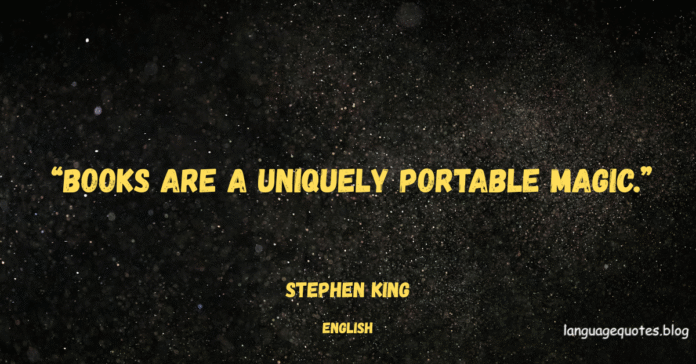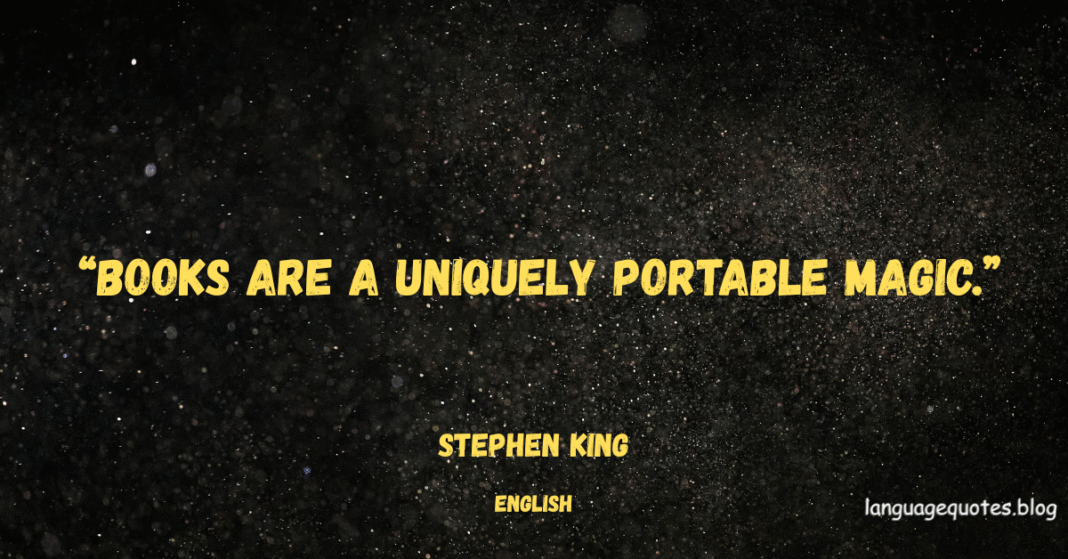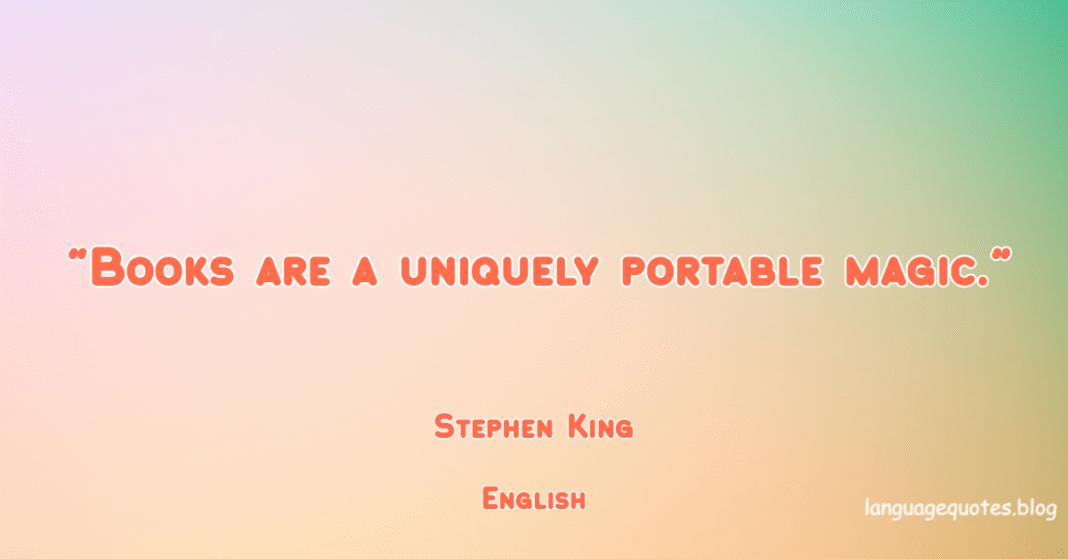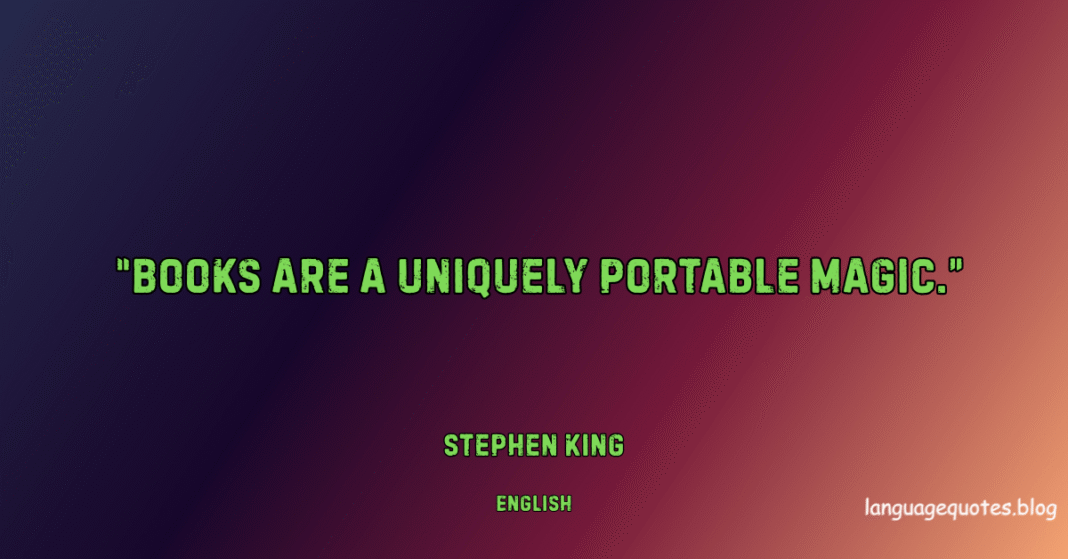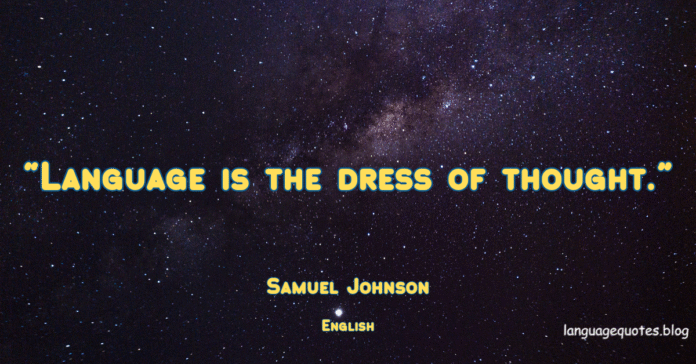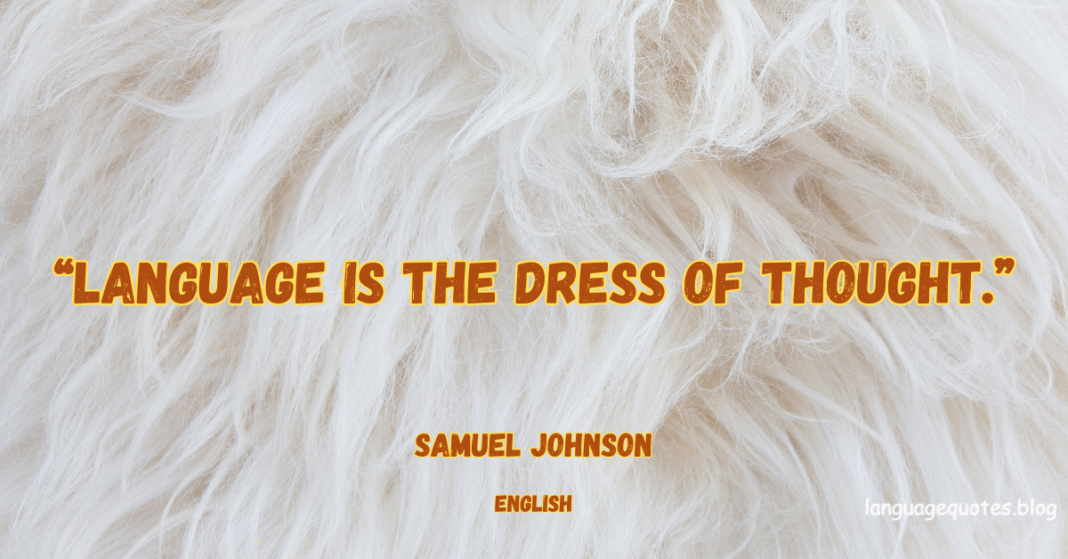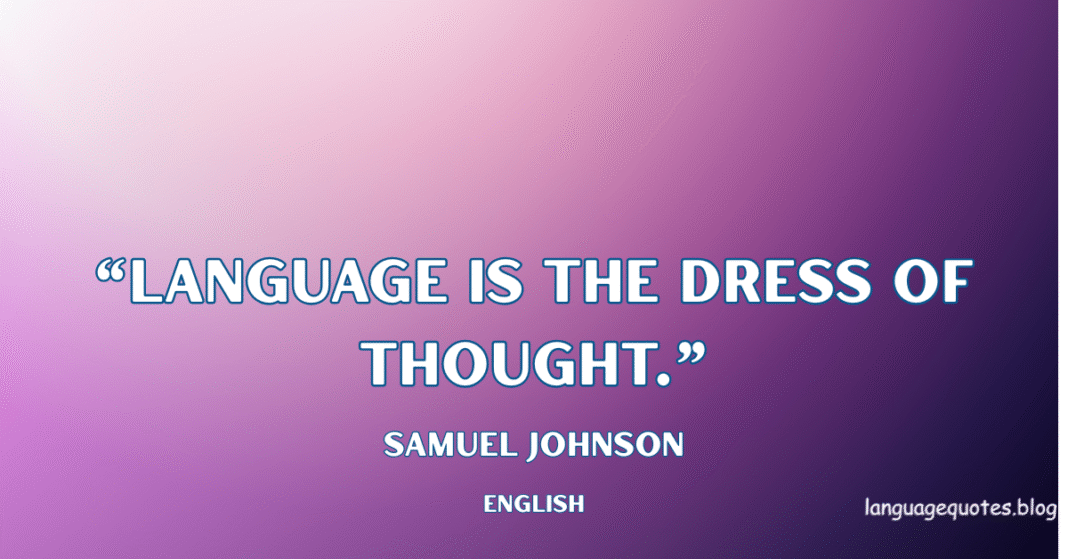“Only the educated are free.” — “Μόνον οι μορφωμένοι είναι ελεύθεροι.” — Epictetus
💬 2-Line Comment
Epictetus reminds us that true liberation comes not through chains removed, but through minds awakened. To educate yourself is to free yourself.
🔹 Introduction
The ancient Greek philosopher Epictetus, a former slave turned influential Stoic thinker, once declared: “Only the educated are free.” In its original Greek — “Μόνον οι μορφωμένοι είναι ελεύθεροι” — the quote encapsulates a timeless truth: real freedom is not found in material wealth, power, or status, but in the liberation of the mind through education.
This declaration isn’t merely a philosophical observation. It is a radical, liberating idea. Epictetus reminds us that external circumstances may bind us, but mental growth—attained through learning—frees us. In a world obsessed with speed, surface-level achievement, and external validation, his words urge us to pause and consider what true freedom really is.
🔹 Education as the Foundation of Freedom
Education is more than the formal schooling system. It encompasses all forms of intellectual awakening, moral development, and emotional understanding. When Epictetus refers to the educated, he doesn’t simply mean those with degrees or diplomas. He refers to those who seek wisdom, question the world around them, and actively pursue understanding.
To be educated in this context means to:
-
Develop critical thinking
-
Understand oneself and others
-
Learn from history and ideas
-
Apply knowledge with virtue
Such a person cannot be easily manipulated or enslaved—mentally, emotionally, or socially. Ignorance breeds dependence; education fosters autonomy.
🔹 Why the Educated Are Truly Free
Freedom is often misunderstood. Many associate it with the absence of rules, the possession of wealth, or political rights. While these are important, intellectual and emotional freedom—rooted in education—is what enables people to truly navigate life with agency.
The educated:
-
Recognize manipulation and resist it
-
Make informed decisions instead of reactive ones
-
Understand their values and can defend them
-
Escape dogma, prejudice, and narrow-mindedness
By contrast, those without education—whether by lack of opportunity or willful ignorance—can be enslaved by misinformation, superstition, fear, or ideology.
🔹 Historical Echoes
Across history, we see that education is power. Oppressive regimes always target education—banning books, censoring ideas, silencing teachers. Why? Because to control a person’s mind is to control their life.
Consider:
-
Slaves in the Americas were legally forbidden from learning to read.
-
Totalitarian states regulate education and media tightly.
-
Colonized nations were stripped of their native languages and educational systems.
Each case reveals the same pattern: control the mind, and you control the people. Epictetus, himself once a slave, knew this deeply. That’s why his words resonate across time.
🔹 Education in the Modern World
Today, information is more accessible than ever. Yet paradoxically, mental slavery persists. How?
-
Through misinformation and fake news
-
Through echo chambers and social media algorithms
-
Through sensationalism over substance
-
Through lack of interest in deep, critical thinking
Modern education must not only convey facts but must teach discernment, empathy, creativity, and purpose. Schools, universities, and even online platforms should foster independent minds—because only such minds are truly free.
🔹 Personal Development Through Education
On an individual level, education empowers us to:
-
Know ourselves — our strengths, biases, and passions
-
Set goals with clarity and pursue them with courage
-
Handle emotions with maturity and compassion
-
Adapt to change, which is the only constant
These inner freedoms are far more enduring than external comforts. Someone with a liberated mind can live meaningfully even in humble conditions. Without it, even the richest person can feel trapped.
🔹 A Message to Learners
This quote is a call to action for everyone:
-
To students: Don’t just aim for grades. Seek understanding.
-
To teachers: Don’t just deliver content. Inspire transformation.
-
To readers: Don’t just scroll. Engage deeply.
Your education is your shield. It is your sword. It is your anchor in storms and your wings in calm skies. And no one can take it from you—once you claim it.
🔹 Conclusion
“Only the educated are free.” Epictetus’s insight reaches beyond time and geography. It speaks to every generation, every class, every race. Freedom is not a gift—it is a result. And education is the path.
So whether you read books, listen to podcasts, study formally, or simply ask bold questions—keep learning. Keep challenging your assumptions. Keep seeking truth. Because in that search, you are not just gathering knowledge. You are becoming free.

